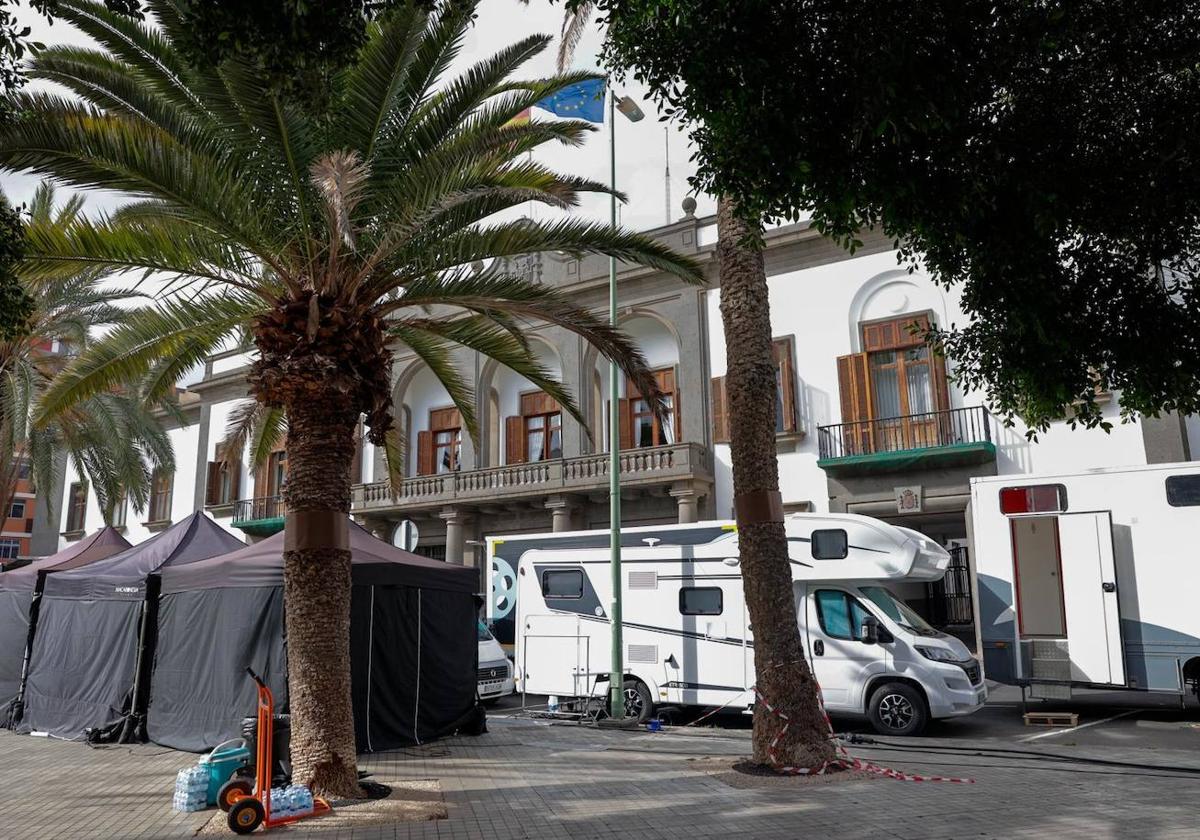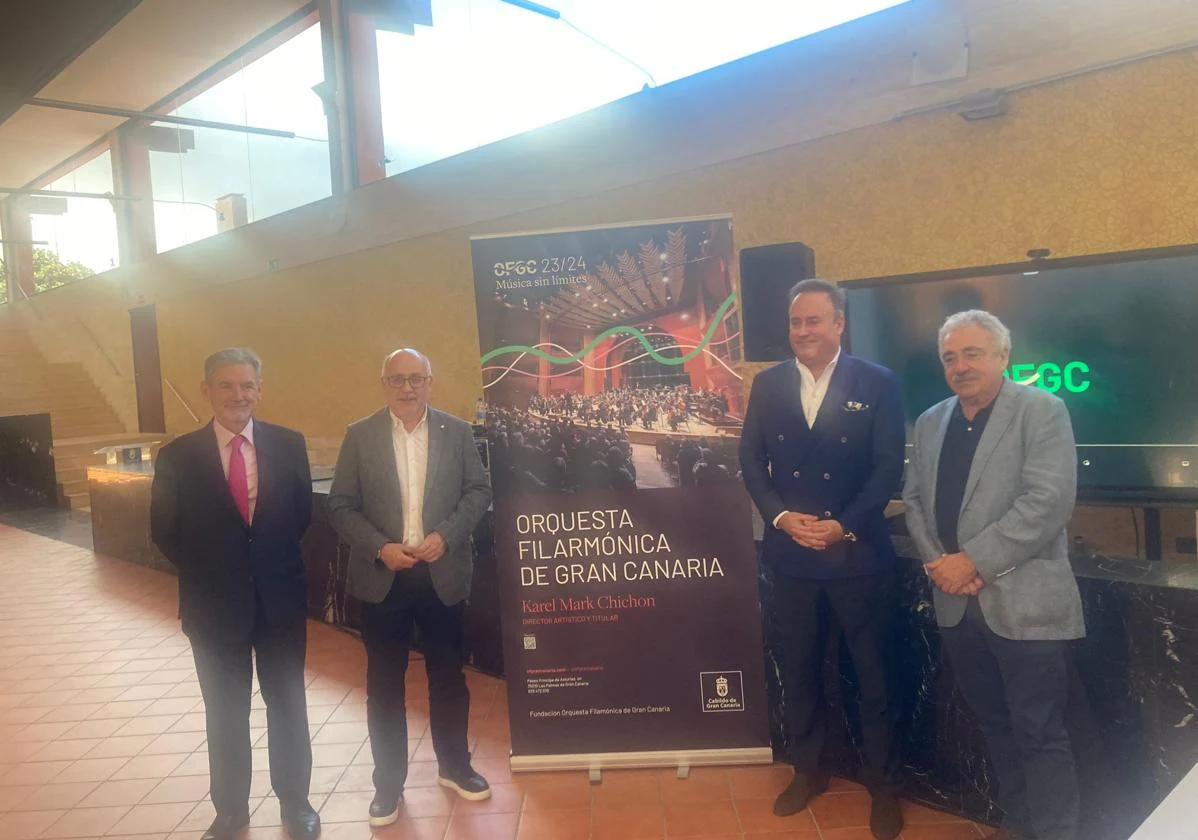The novel of the "personal rancor" of the precarious after a crisis and two dismissals

Manuel Guedán (Madrid, 1985) has resisted, according to his account, the temptation to write a generational novel. In this way, he has opted to build bridges between the time of the Transition and the current situation by portraying the world of work through a quirky, misplaced and losing young woman as the common thread. The result is very graphically titled The Affordable Dreams of Josefina Jarama (Alfaguara) and covers companies, workers, bosses and jobs over several decades and in different places. "The struggle of the progressive generation and that of the precarious today is the same", says the author in a chat with elDiario.es. Guedán adds with great sincerity that this novel, in the key of comedy, is written "from the personal rancor of a precarious person who has suffered crises and two layoffs in a row".
Professor, editor and novelist, Guedán believes that "writing with a generational approach is a very strong temptation, but speeches must be made that overcome this tendency." From this attitude, the author declares his vocation to "build bridges between the different crises and the different generations". Son of former communist militants (his father was a leader of the Maoist Revolutionary Organization of Workers and his mother, a labor lawyer) and married to Rita Maestre, spokesperson for Más Madrid in the capital's City Council, Guedán enjoys a privileged perspective to compare times and compare experiences. This trajectory has served to reveal how labor relations have changed in Spain in the last half century. However, the writer has not used a serious tone as a literary instrument, but comedy and parody. "I wanted to create a picaresque character," he explains, "because the rogue offers a distorted point of view, thinking he's laughing at the world when everyone else thinks otherwise. In reality, the rogue is a victim of the system who ultimately loses control." In this case, the protagonist is a mischievous because I think job insecurity affects women more than men".
Guedán did not want to draw serious characters to address a ruthless and funny criticism of the mechanisms of the labor system. This being the case, The affordable dreams of Josefina Jarama is very inspired, as the author himself acknowledges, in some novels by Eduardo Mendoza, in films by Luis García-Berlanga or, basically, in the great picaresque tradition of Spanish literature. "Humour", he comments, "means a collective catharsis. In fact, it is enough to go to social networks to see how indignation against injustice is expressed through humor. This avoids falling into impotence". Thanks to an effort in documentation and interviews with workers, the author leads Josefina, his character, through companies ranging from the toy industry in Ibi (Alicante) in the seventies to food delivery companies in domicile in today's Madrid, passing through the awakening of the leisure business in the eighties, symbolized in the Valencian route of the bakalao, or in the commercial aggressiveness of the banks in a left-wing Andalusian town in the nineties. Through this vital itinerary, Josefina's adventures include a conflictive relationship with her communist mother or her ambiguous and naive dealings with her bosses or with her colleagues. But the conclusion points out that the social ascent that Josefina seeks derives in a mirage.
Manuel Guedán has no doubts that "meritocracy exists, but in a minimal percentage that ultimately makes it the exception and not the norm." "Of course," he adds, "it is convenient to know the examples of success, but it would also be very instructive to know the examples of failure. For this reason, it is necessary to demystify common places that are deeply rooted today, such as the value of innovation or entrepreneurs, where 1% win and the rest become part of the platoon". From his experience of having lived in the United States in his formative stage, Guedán is surprised, like many other people, that this false philosophy of success that promoted North American capitalism (the idea that anyone can become president) continues to be valid today. the long of the time. In any case, his novel also highlights the intimate connection that occurs in Spain between work and family to the point that many jobs are achieved in this country through family network contacts.
Publisher at Lengua de Trapo and teacher, this novel by Guedán, the second he has published, also comes after two essays on literature and a commissioned political book, Podemos: a collective history (Akal, 2016). Although he sympathized with Podemos in its beginnings and now identifies with Más Madrid, the writer clarifies that he has never held public or organic positions. He confesses that he no longer discusses politics so much with his social-democratic father and believes that the coalition government between the PSOE and Podemos is holding up and has made progress. When assessing whether disenchantment has spread in the alternative left, he believes: "It is clear that the most transformative moment that was experienced in 2015 and in the following years has passed for the moment. Now, illusion as a political weapon is something very volatile. In fact, you have to be on the left with hope and without hope, also taking into account that ideological struggles are inevitable in any area of life".
From his essay on Manuel Puig, the Argentine writer who wrote The Kiss of the Spider Woman, to the present day, Guedán has touched many labor and professional keys, although he declares that diversity attracts him. "The truth," he says, "is that I feel comfortable in the solitude of the writer and in the socialization of the teacher. Until now I have dedicated myself to many things because I said yes to everything when labor rights begin, in fact, when you gain the ability to say no. I like the professional variety anyway."











